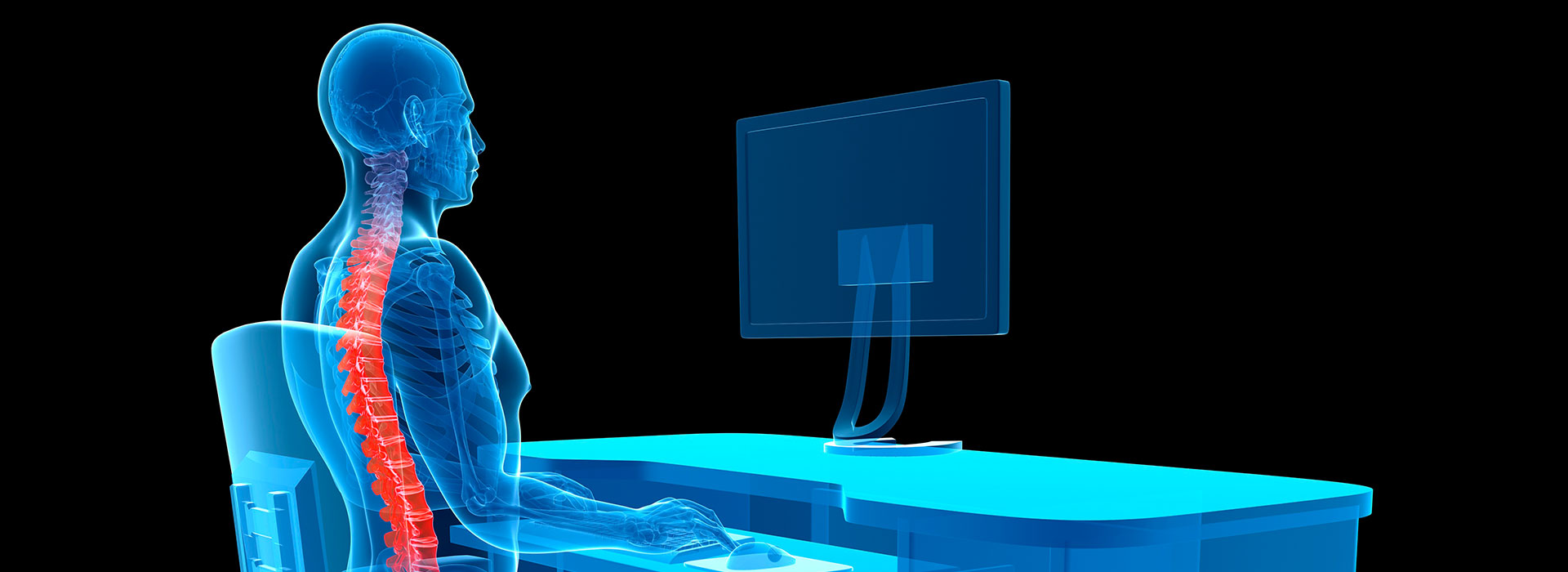Remote Worker Safety: Preventing Injuries at Home
Workplace injuries have long been a concern in industrial settings, but they’ve also become a focus for managers in office environments. Now that many of your employees have moved from the office to their homes, it’s important to remind them how to stay safe wherever they work.
Published on Oct 28, 2019

Preventing Falls
- Run cords and cables so they don’t cross walkways
- Keep floors and stairways clear of clutter
- When using stairs, keep one hand on the railing
- Tape or tack down area rugs to keep them lying flat
- Close drawers immediately after use
- Clean up spills right away
- If you need to reach high objects, use a step ladder if you have one—don’t climb or stand on anything unsteady
Preventing Ergonomic Injuries
- Lift safely—get close to the object, bend at the knees and don’t twist while lifting
- Get help moving heavy objects
- Store heavy items at waist level
- Arrange your work area to fit you:
- Find a comfortable chair that supports your back
- Raise your feet on something, if necessary, to keep your back against the chair and your thighs parallel to the ground
- Keep your keyboard at or below elbow-level to prevent your forearms from resting on a hard edge and your wrists from bending
- Take breaks when sitting for a while or doing a repetitive task—walk around or gently stretch
Preventing Strike Injuries
- Put your phone down when walking so you can see where you’re going
- Make sure you have clear walking paths around your home
- Don’t store heavy or unstable items above waist level
- Keep equipment away from the edges of desk or tables
- Secure shelving or other storage furniture taller than five feet so it can’t tip over
- Fill file cabinets from the bottom up, and don’t open more than one drawer at a time
- Close desk, cabinet and file drawers when not in use
Preventing Electric Shock
- Inspect power and extension cords before using—they should not be frayed, taped or missing the third ground plug
- Don’t overload power outlets
- Use only one power strip per outlet, and make sure it has plenty of air circulation
- Don’t run cords where they can be damaged from chairs or people walking on them
- Don’t cover cords with rugs or mats
- Unplug cords by gripping the plug, not the cord itself
- Never use electrical equipment if your hands or feet are wet or the equipment is wet
- If equipment or appliances feel hot, give off an odd smell or start smoking, turn them off, unplug them and do not use again
A little caution can go a long way toward keeping your employees safe, whether they’re working in the office or telecommuting from home.
Call 800-861-7668 to speak with an account representative.
Email: info@training.consultdss.com